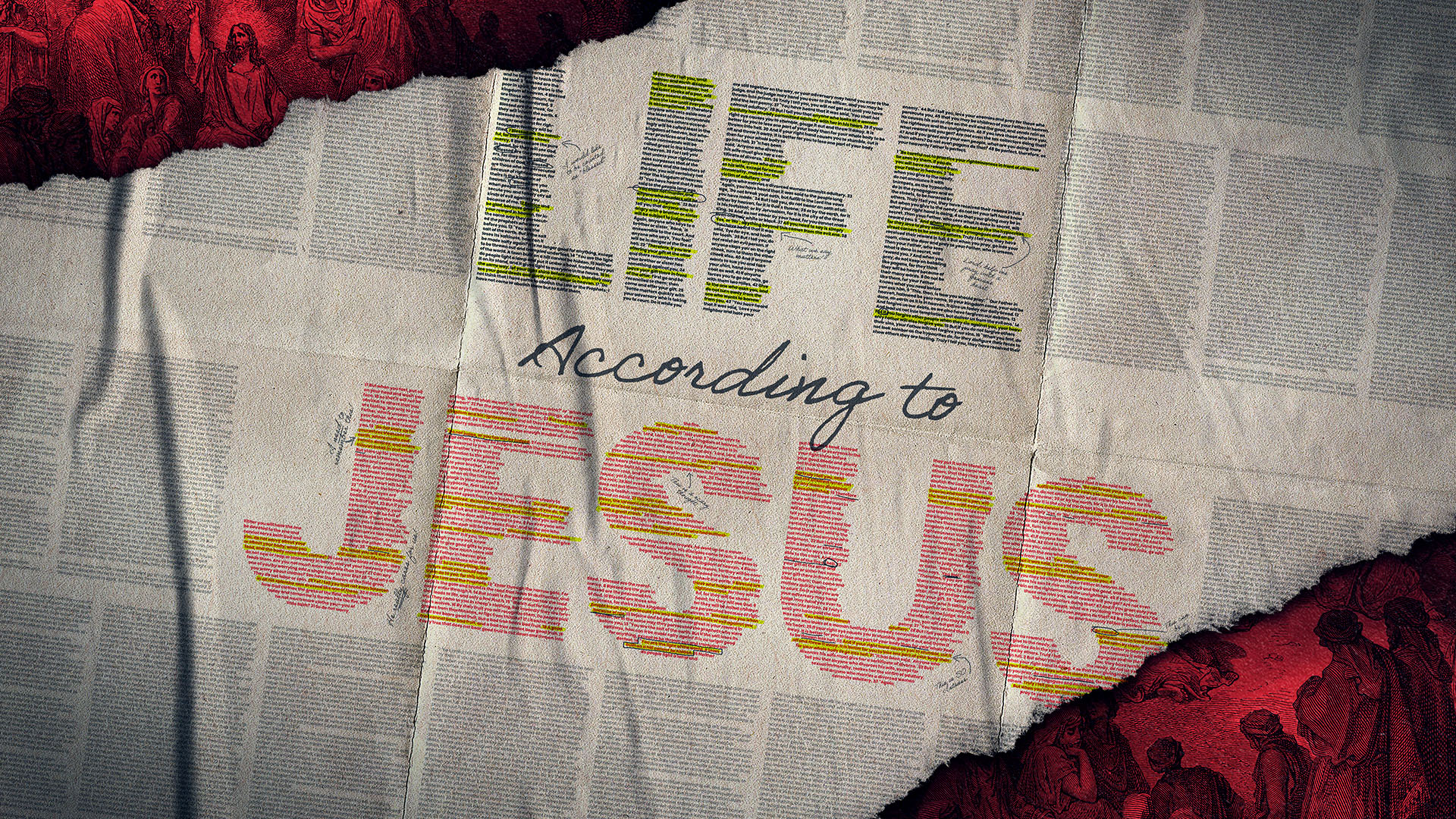Judge not, and you will not be judged; condemn not, and you will not be condemned; forgive, and you will be forgiven;
Luke 6:37
“Judge not and you will not judged.” That’s a popular quote I hear used quite often, especially when someone doesn’t want to be judged, but did Jesus really mean to not judge? Clearly, Jesus assessed the condition of others. He called the Pharisees blind and condemned their misuse of Scripture and so he intended to make a more significant point.
Jesus tells his listeners a parable in the following verses –
Why do you see the speck that is in your brother’s eye, but do not notice the log that is in your own eye? How can you say to your brother, ‘Brother, let me take out the speck that is in your eye,’ when you yourself do not see the log that is in your own eye? You hypocrite, first take the log out of your own eye, and then you will see clearly to take out the speck that is in your brother’s eye.
Luke 6: 41-42
The problem of wrong judgment is hypocrisy and the pride of superiority. Failing to acknowledge the “log” in my own eye while pointing out the speck of dust in someone else’s eye is the problem. In order to help our brother we must first deal with our own mess.
Paul wrote about us in his letter to the Romans that we must face our own sin first.
We know that the judgment of God rightly falls on those who practice such things. Do you suppose, O man—you who judge those who practice such things and yet do them yourself—that you will escape the judgment of God? Or do you presume on the riches of his kindness and forbearance and patience, not knowing that God’s kindness is meant to lead you to repentance?
Romans 2: 2-4


0 Comments